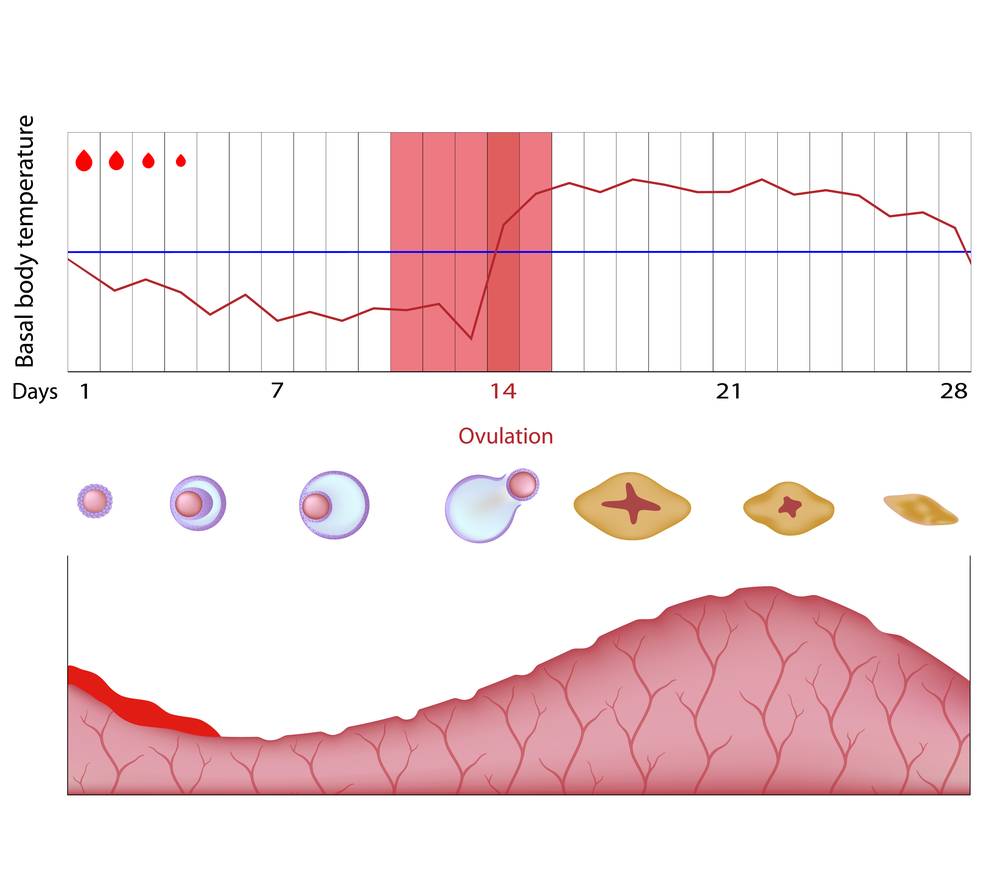Dosing has begun in a Phase 1b proof-of-mechanism study of FOR-6219, Forendo Pharma‘s lead oral compound for endometriosis, the company announced.
This investigational medicine is intended to target endometriotic lesions more specifically than currently available treatments, producing fewer systemic side effects and giving patients a well-tolerated, long-term treatment alternative.
FOR-6219 works by locally inhibiting the production of a highly potent form of estrogen (estradiol) in endometrial tissues. Estrogen is a hormone that stimulates the growth of endometriotic lesions and is the most important known factor causing disease progression.
Current medicines for endometriosis work by suppressing ovarian estrogen synthesis to reduce its levels throughout the body (GnRH agonists, GnRH antagonists, or oral contraceptives) or by antagonizing estrogen activity systemically (progestins).
Since these therapies reduce estrogen levels or activity throughout the body, they may produce harmful systemic effects such as loss of bone density and several menopause-like side effects.
In contrast, FOR-6219 is an HSD17B1 inhibitor, designed to target estrogen production specifically in endometriotic lesions with less effect on systemic estrogen levels. The hope is that this key difference will improve its safety profile.
In the Phase 1b trial (NCT03709420), which is still recruiting, FOR-6219 will be given to premenopausal women to examine its effects on the thickness of the endometrium and on endometrial estrogen levels. In addition to these local effects, systemic hormone levels will also be measured.
“The commencement of the Phase 1b study marks an important milestone for the company as we aim to demonstrate Proof of Mechanism for this novel concept in premenopausal women for the first time,” Risto Lammintausta, CEO of Forendo, said in a press release.
“The selective ability of FOR-6219 to inhibit local estrogen production in the endometrium and endometriotic lesions, without suppressing systemic estrogen levels, is unique and expected to be the key differentiator against competing endometriosis therapies.”
“If we can demonstrate this new mechanism in healthy premenopausal women, we will have a solid basis to study FOR-6219 in endometriosis patients who need better long-term treatment alternatives for this chronic and high burden disease,” Lammintausta added.
The completed Phase 1a trial (NCT03709420) of FOR-6219, involving 36 healthy postmenopausal women, showed that single doses of 2 mg up to 175 mg, and multiple doses up to 150 mg twice daily over 10 days were safe and well-tolerated. It also showed that FOR-6219 could potentially be given once daily with or without food.

